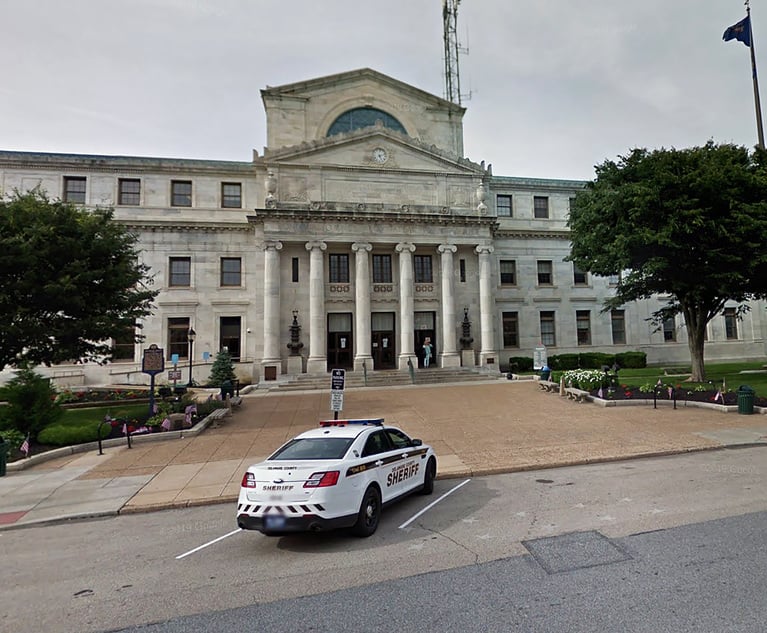U.S. Supreme Court precedent holding that, absent exigent circumstances, warrantless blood tests are unconstitutional is a substantive rule change and should apply retroactively for any case where the issue was raised on a post-conviction appeal, a defense attorney argued before the Pennsylvania Supreme Court.
Attorney David T. Leake, of Somerset, Pennsylvania, made the argument Wednesday in the case Commonwealth v. Olson, in which the justices are set to determine whether the U.S. Supreme Court’s 2016 decision in Birchfield v. North Dakota should be applied retroactively to cases pending on collateral appeal.


 Photo: Shutterstock
Photo: Shutterstock





